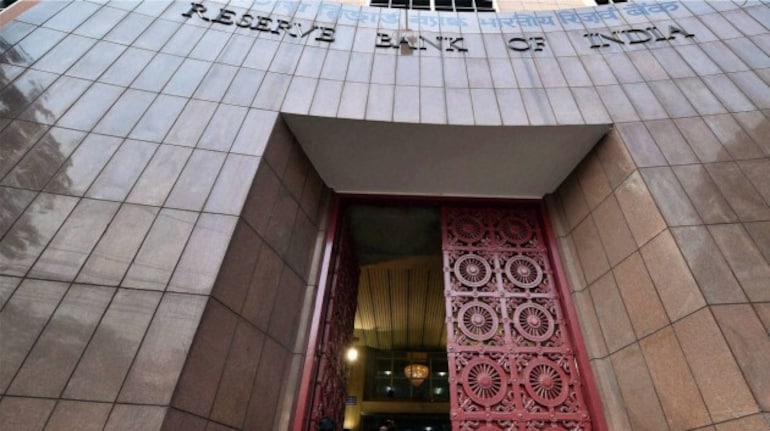



RBI (Reserve Bank of India) Governor Shaktikanta Das said on November 19 that its research department must strengthen its consultative approach to collecting first-hand information directly from stakeholders.
This is because there is increasing use of big data and data generated by private sources for policy research. "We cannot escape the fact that data is the new oil. The department may have to look at all such data, being mindful of ways to deal with misleading and noisy analysis that such data may at times throw up," Das said.
The RBI governor was delivering the inaugural speech at the Annual Research Conference of the Department of Economic and Policy Research, in Hyderabad.
He added that the world we face today is aptly described by the acronym ‘Vuca’, which stands for volatility, uncertainty, complexity, and ambiguity. Many of the backward-looking models that run on past data may not be able to provide useful information and estimates for policy.
When the research department was faced with the challenge of explaining food inflation dynamics with greater certainty just before the pandemic, it conducted a nationwide survey of farmers, retailers, and wholesalers.
The research department will repeat this survey next month to understand the changes brought about by the pandemic.
The department also conducts a bi-monthly survey of retailers through its regional offices, collecting information on expected price changes of essential food items one month ahead, which it uses in its nowcast of inflation figures.
"A team from the bank is working jointly with the Indian Council for Research on International Economic Relations (ICRIER) to develop a food inflation projection framework, involving eminent agri-experts and market leaders in different food items. Such initiatives must become the norm in other areas of research in the bank," Das added.
Economic research faced additional challenges after March 2020 due to three major shocks, viz. the Covid pandemic, the war in Europe, and the aggressive tightening of monetary policy by most central banks across the world.
The governor said that following these shocks, that policy response had to be swift and wide ranging to contain the impact on the overall macro financial condition, as well as sectoral vulnerabilities.
The first major challenge was data collection during the first wave of the pandemic, and the statistical break in data due to it. During the second wave, which was more lethal, collecting information on sector-level stress became even more important for designing targeted policy interventions. The crisis thus created the opportunity to explore and harness the power of big data, and strengthen direct feedback mechanisms while working from home.
The pandemic also threw up new research issues and posed analytical challenges for policy making.
Das listed challenges such as whether the pandemic had caused a demand or a supply shock, which shock was transitory and which one was durable, the size and nature of the policy stimulus required, their effectiveness, and the relationship of national / localised lockdowns and vaccination with economic activity.
He also mentioned challenges such as finding out the extent and nature of supply chain disruptions and its impact on inflation and growth, the asymmetric impact of the shock /pace of recovery on contact-intensive services, manufacturing, and agriculture and their pace of recovery. And the impact of the shock on households, and on corporate and financial sector balance sheets.
Discover the latest Business News, Sensex, and Nifty updates. Obtain Personal Finance insights, tax queries, and expert opinions on Moneycontrol or download the Moneycontrol App to stay updated!
Find the best of Al News in one place, specially curated for you every weekend.
Stay on top of the latest tech trends and biggest startup news.